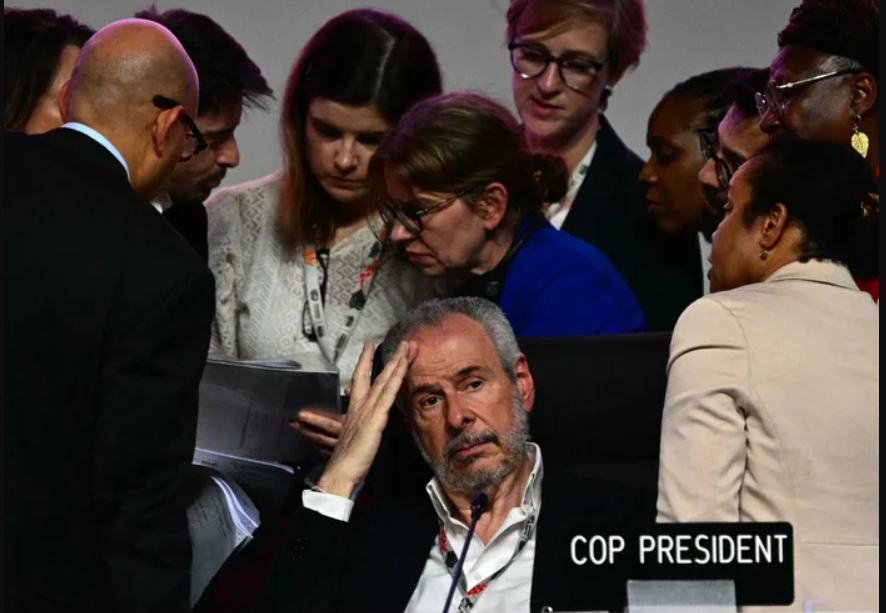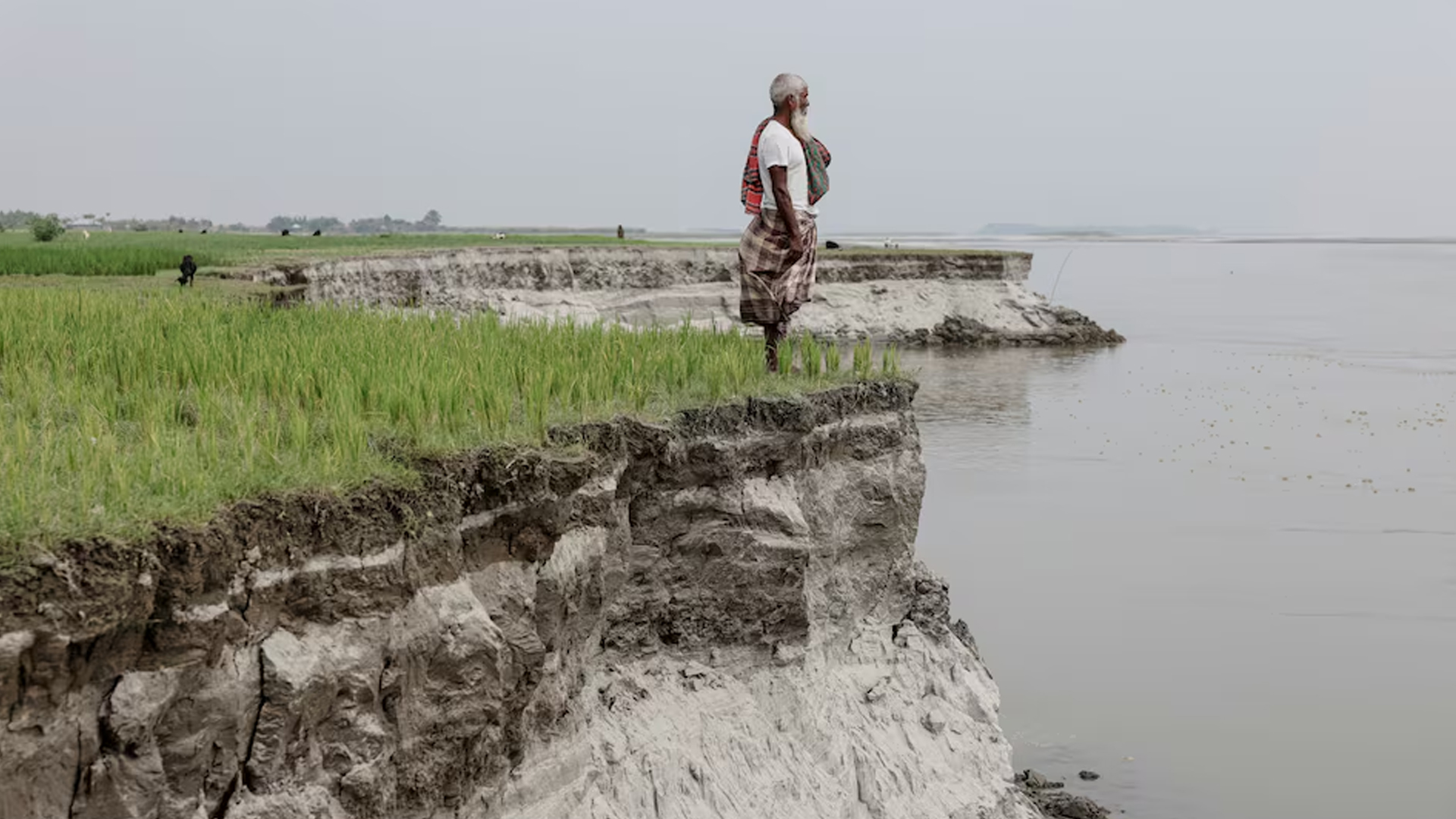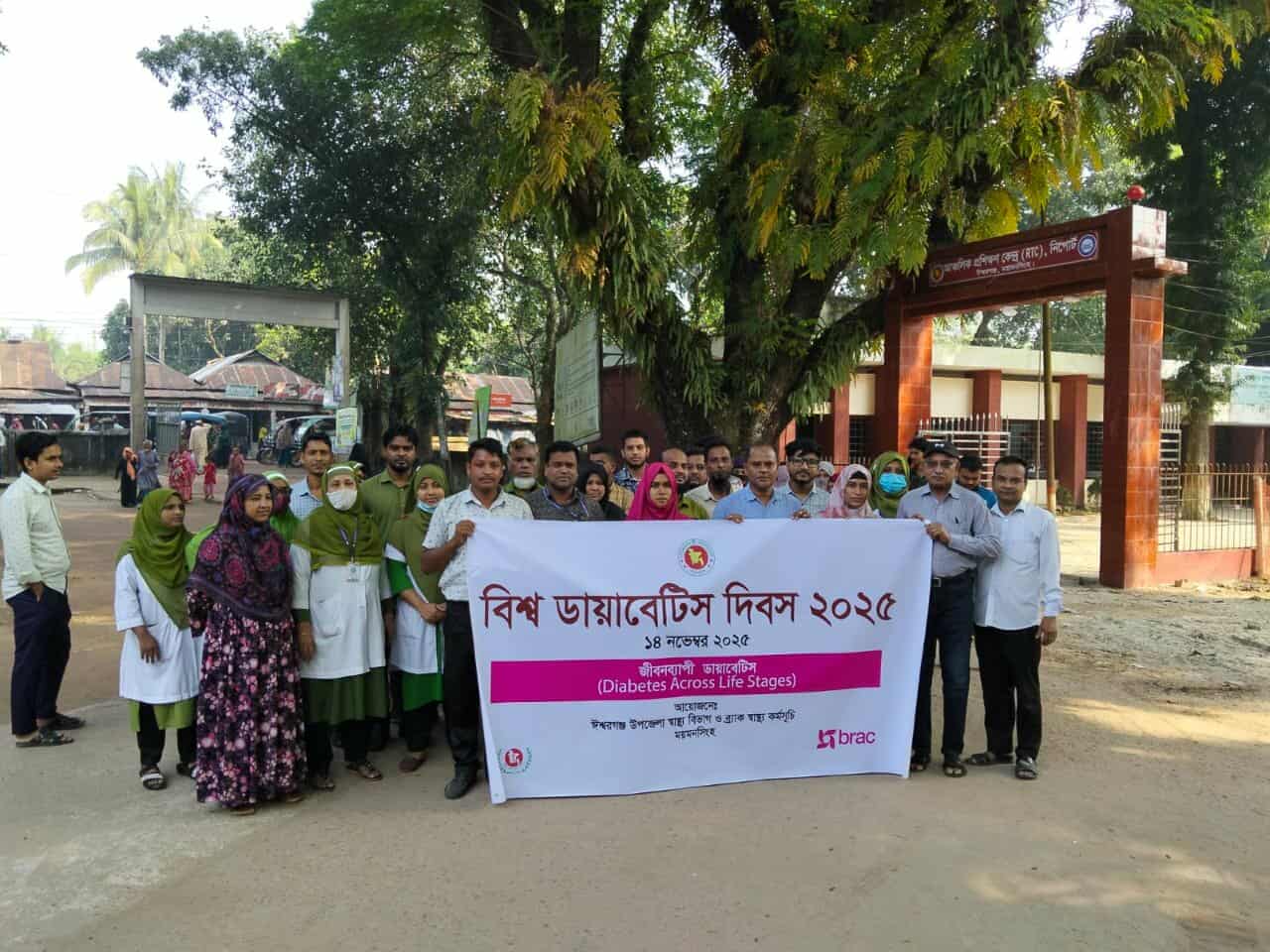Indian debut feature ‘A Late Autumn Dream’ gets backing from indie producer

A quiet deal with big implications for new directors
India’s independent film ecosystem has taken a modest but significant step as production company Platoon One Films signs on as lead producer for first-time director Pramati Anand’s feature “A Late Autumn Dream.” The move, reported by trade outlet Variety, brings a seasoned indie banner into a project that might otherwise have struggled to move beyond script stage. At a time when financing director-driven, mid-budget films has become increasingly difficult, such backing can decide whether a story reaches the screen at all.
Few story details have been made public, but announcing the deal through an international trade publication hints at clear festival ambitions. For Indian filmmakers working outside the big studio system, the path is now familiar: develop a contained, character-focused feature, aim for a premiere on the festival circuit and then negotiate a mix of limited theatrical runs and streaming deals. A respected production house taking the lead role makes it easier to pitch to public film funds, private investors and overseas partners who want assurance that the project has been professionally vetted.
Indie producers and the shrinking “middle” of Indian cinema
Over the last decade, India’s screen landscape has sharply polarised. On one side are star-driven, effects-heavy blockbusters; on the other, glossy streaming series backed by big platforms. The mid-range films that once relied on urban multiplex audiences—often built around everyday characters, regional settings or more experimental forms—now face a funding squeeze. Mainstream studios see them as too risky, while ultra-low-budget models struggle to provide the time and craft they need.
This is where boutique production houses have stepped in. Working with lean teams, they prioritise long-term relationships with writers, cinematographers and editors over one-off hits. When they commit to a debut, they often stay involved from script labs and test shoots through to edit notes and festival strategy. That hands-on mentoring can be crucial for directors moving from shorts, television or advertising into their first feature, where misjudging pacing, tone or schedule can be costly. In the case of “A Late Autumn Dream,” Platoon One’s lead-producer role suggests a similar full-cycle engagement rather than a purely financial stake.
Festival buzz, streaming windows and soft power
Recent years have shown how small Indian festival titles can build surprisingly long afterlives on global streaming services. Some films that opened quietly at international festivals have, months later, found new audiences when platforms highlighted them as “hidden gems.” Even when theatrical box office remains modest, such projects can anchor careers, giving directors and actors a calling card that unlocks their next work. For a country increasingly conscious of cinema’s role in soft power, a pipeline of distinctive, auteur-led films complements the spectacle of mainstream hits.
For Anand, having Platoon One in her corner could open doors to experienced crews, international labs, sales agents and co-production markets that are difficult to access alone. For viewers in South Asia and abroad, the project is another reminder that Indian cinema stretches far beyond song-and-dance extravaganzas and formula thrillers. As “A Late Autumn Dream” moves through casting, production and, eventually, the festival circuit, observers will be watching to see whether this quiet announcement can grow into one of the coming years’ most talked-about independent releases—proof that carefully built alliances still matter in a noisy, algorithm-driven entertainment world.





















